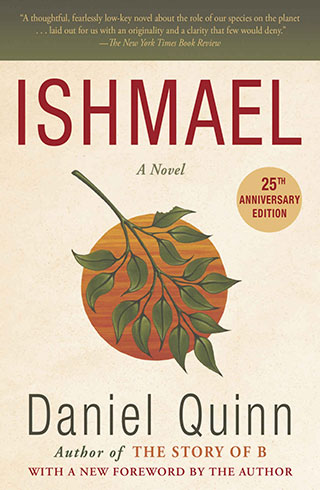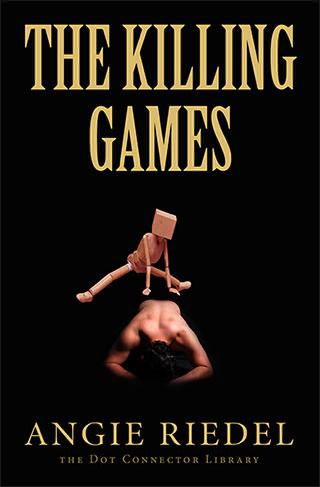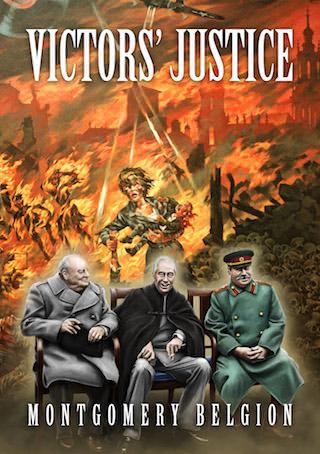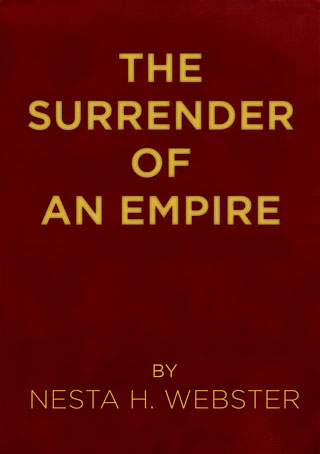Are History and Astronomy Incompatible?
Astronomy vs. History by Anatoly Fomenko 4,128 views
September 5, 2015
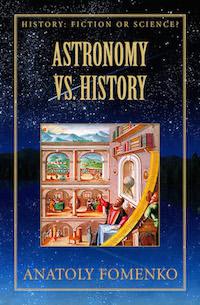 History: Fiction or Science? is a most unusual book series, one that undermines the very foundations of History. According to the author and his team of researchers, History as it has been taught in Europe ever since the Renaissance is fundamentally false, verified history beginning around 1250 A.D. the earliest. Jesus Christ was born in 1152 and crucified in 1185, the First Crusade being an immediate reaction to his Crucifixion. Homer identifies as an anonymous poet of the second half of XIII century A.D., and the event led to the creation of the Iliad had been the fall of the Latin Empire of Constantinople in 1261 A.D. The list goes on and on.
History: Fiction or Science? is a most unusual book series, one that undermines the very foundations of History. According to the author and his team of researchers, History as it has been taught in Europe ever since the Renaissance is fundamentally false, verified history beginning around 1250 A.D. the earliest. Jesus Christ was born in 1152 and crucified in 1185, the First Crusade being an immediate reaction to his Crucifixion. Homer identifies as an anonymous poet of the second half of XIII century A.D., and the event led to the creation of the Iliad had been the fall of the Latin Empire of Constantinople in 1261 A.D. The list goes on and on.
Historians generally oppose the author’s views without making much commentary. The author is not a historian, period. He is only a leading differential geometrician (mathematician), successful and respected. A. T. Fomenko is also a corresponding member of the Russian Academy of Sciences; his main argumentation is of a statistical and astronomical nature. I happen to be a physicist myself, and not a historian. However, astronomy and differential geometry are known to me well from the area of general relativity, and I cannot recommend this book enough, since its author approaches History, usually a highly emotional discipline ascribed to the field of humanities, armed with impartial mathematics.
History is collective memory; yet, even our own memory errs at times, and no real memory extends beyond three generations. There are written sources, but each one of those might easily prove a forgery. There are material remnants of archaeological nature, but they may be misinterpreted.
Astronomy is precise by definition, and a historical dating that can be calculated from information about eclipses should satisfy any researcher. Yet, the XIX century astronomers did not use the lunar tidal friction term in the equations of lunar motion, which would make ancient lunar eclipses appear several hours off the mark and relocate several total eclipses of the sun geographically (assuming tidal friction has remained the same all the time, but there is no reason to believe it hasn’t). How could XIX century calculations have conformed to consensual history?
I must say that a methodical recalculation of ancient eclipse datings shall invariably bring surprises; in the unlikely case these datings are correct, we shall prove the existence of erratic changes in telluric rotation over the last 4,000 years instead. Both possibilities are highly alarming.
Fomenko demonstrates the incompatibility between consensual history and modern astronomy. This incompatibility is a sad fact. (He exposes a number of other contentious issues as well, but those do not fall into my professional scope.) Which is more reliable – history or hard-boiled scientific facts? Science cannot afford subjectivity; most of us would feel the same way about history as well.
Chronological problems are very serious indeed; Fomenko offers a viable solution to most of them, and a radical one at that – a “Copernican revolution” of history, no less. I am not using the term to predict the final and total victory of his version; that is a matter for a multitude of scientific and scholarly discussions to come. But the contradiction between history and astronomy that becomes graver with the day cannot and must not be tolerated, in the best interests of both history and the theory of telluric rotation.
Digital discoveries
- Migliori Casino Online
- Casino Non AAMS
- Siti Casino
- Sites De Paris Sportifs Belgique
- Tous Les Sites De Paris Sportifs Belgique
- Meilleur Casino En Ligne Belgique
- Casino En Ligne Belgique Bonus
- I Migliori Casino Online
- Non Aams Casino
- Scommesse Italia App
- Migliori Casino Online Esteri
- Paris Sportif Crypto Sans Kyc
- Site De Paris Sportif
- Sweet Bonanza Avis
- Paris Sportif Ufc
- オンラインカジノ 出金早い
- Casino Live En Ligne Français
- Site De Paris Sportifs
- Meilleurs Nouveaux Casinos En Ligne
- Casino En Ligne Français
- Casino En Ligne
- Casino Retrait Instantané
- Casino En Ligne Fiable
- Meilleur Casino En Ligne 2026
- Casino En Ligne Retrait Immédiat
- Casino Français En Ligne
- Casino Italia Non Aams
- Casino Con Free Spin Senza Deposito
- Siti Di Scommesse Non Aams
- Migliore Casino Non Aams
- Casino Online Non Aams 2026
- 토토사이트 모음
- Top 10 Trang Cá độ Bóng đá
- Casino En Ligne
- Casino En Ligne France
- Casino En Ligne Argent Réel
- Casino En Ligne Retrait Immédiat 2026
- Nouveau Casino En Ligne 2026
